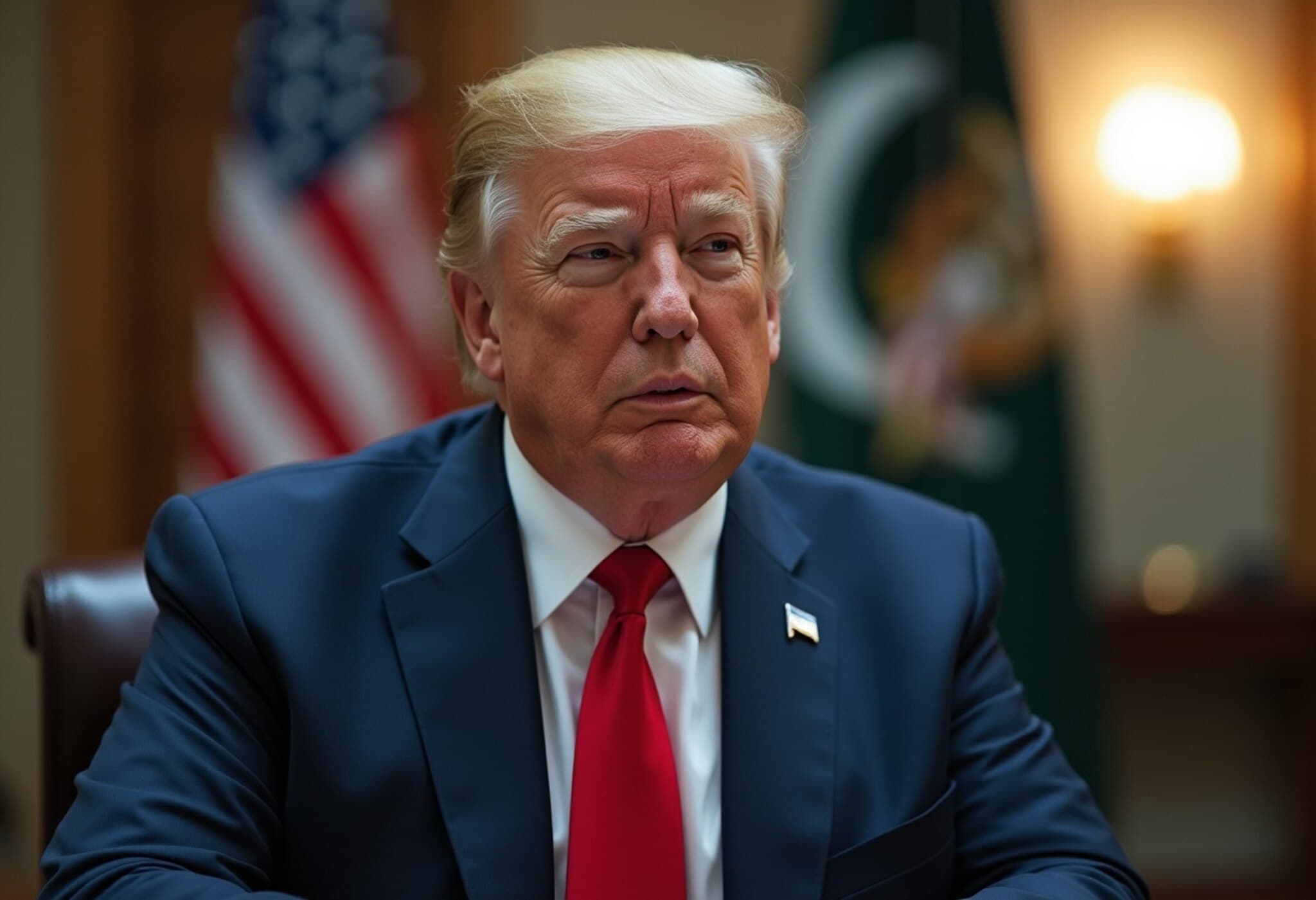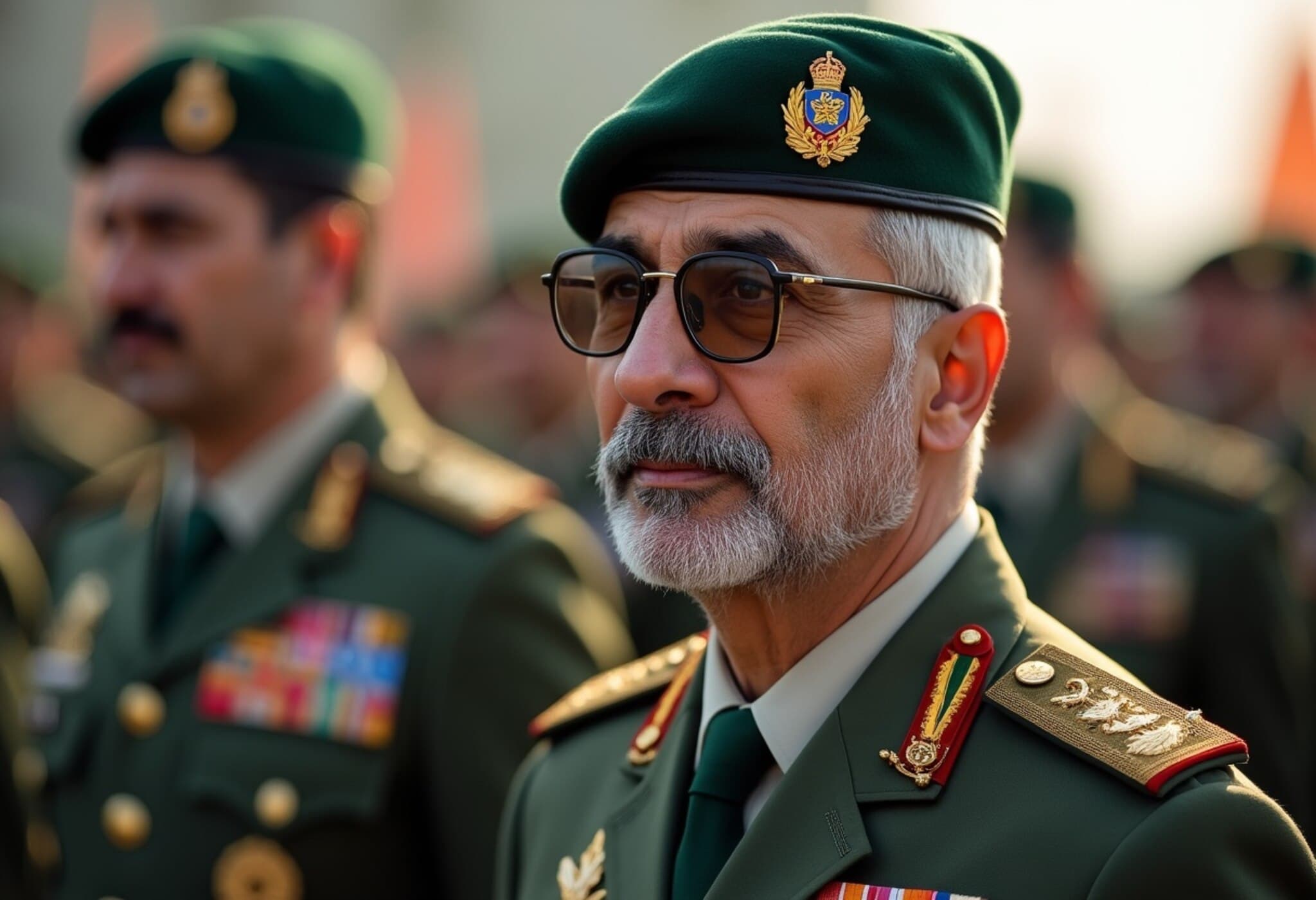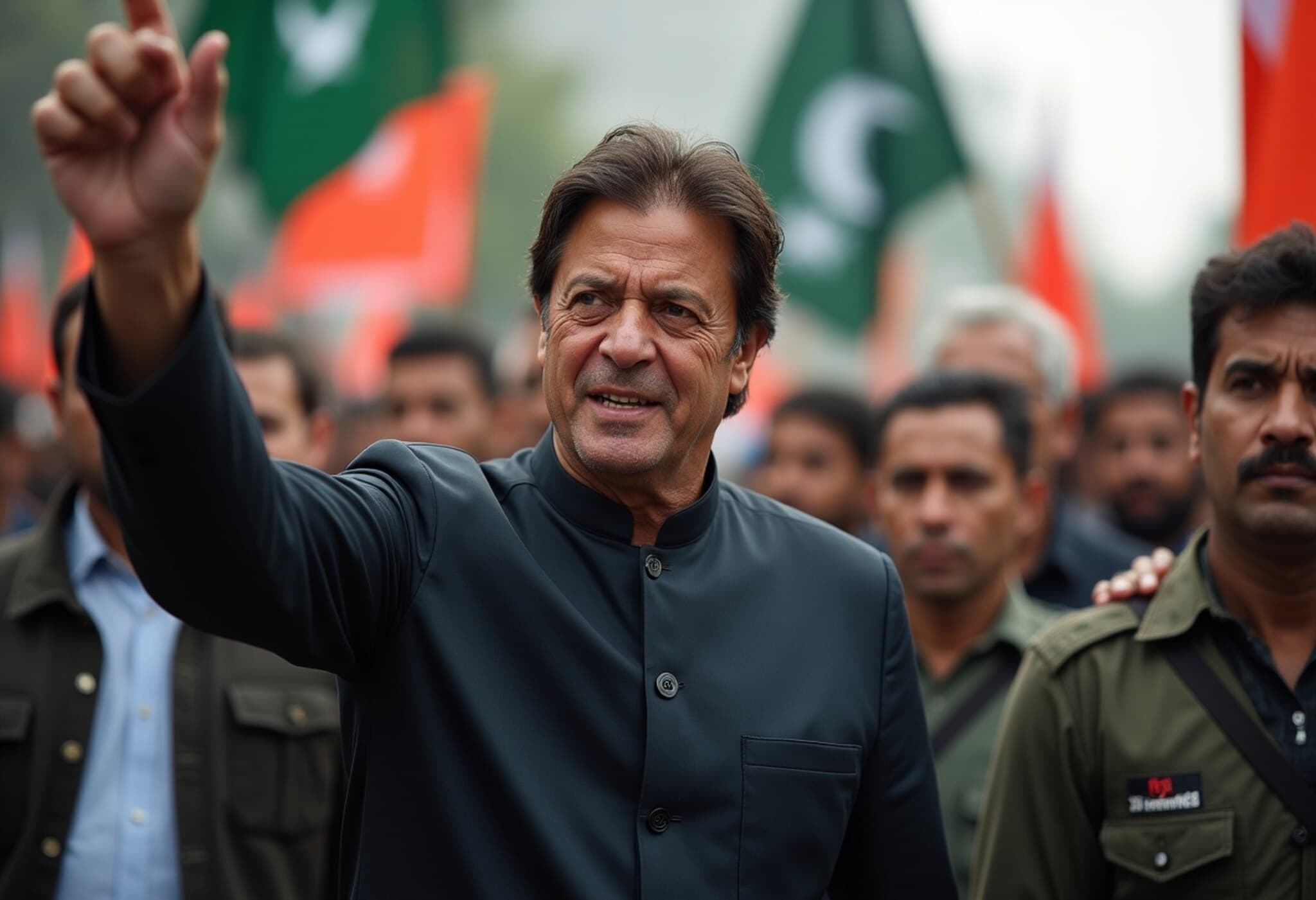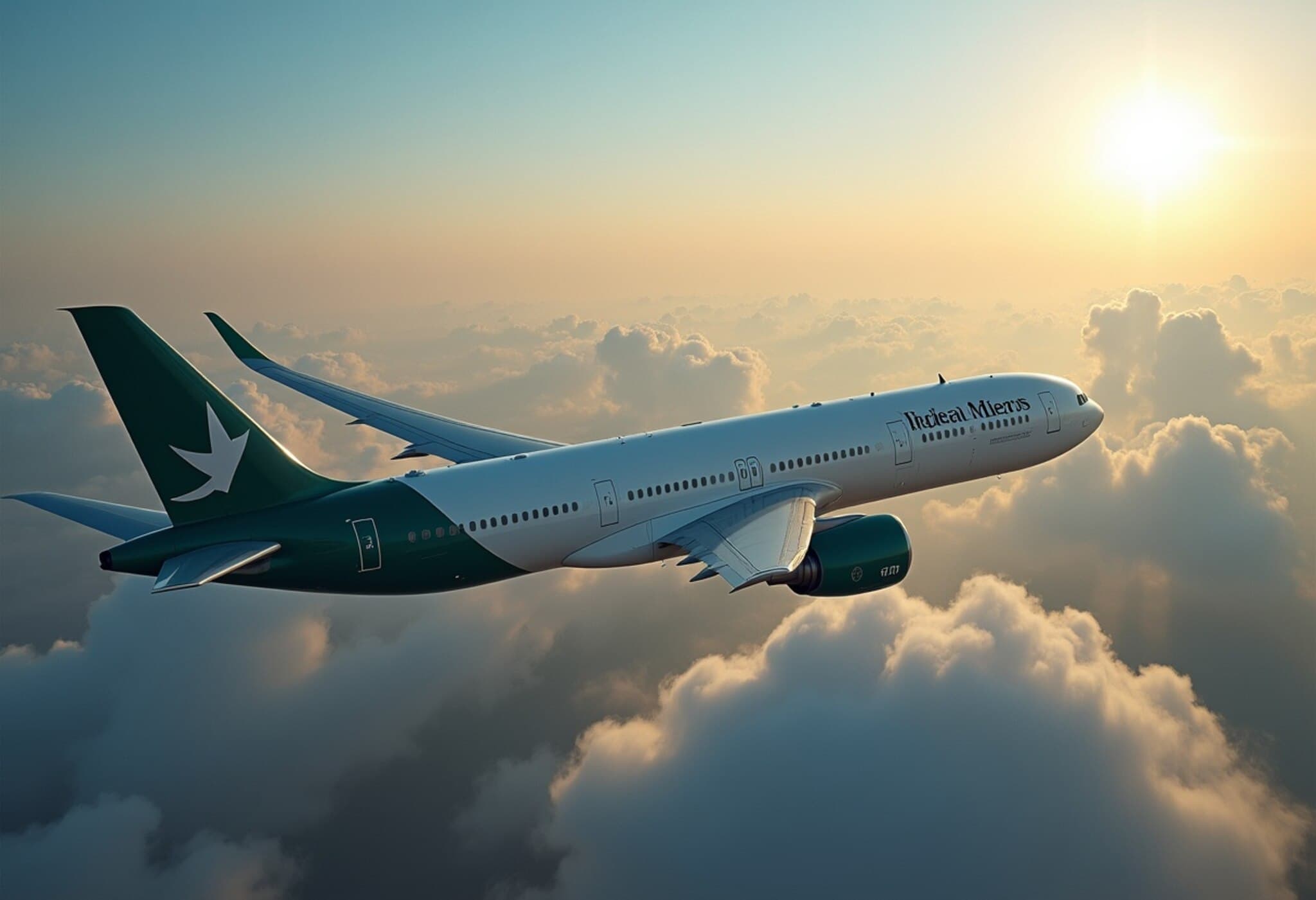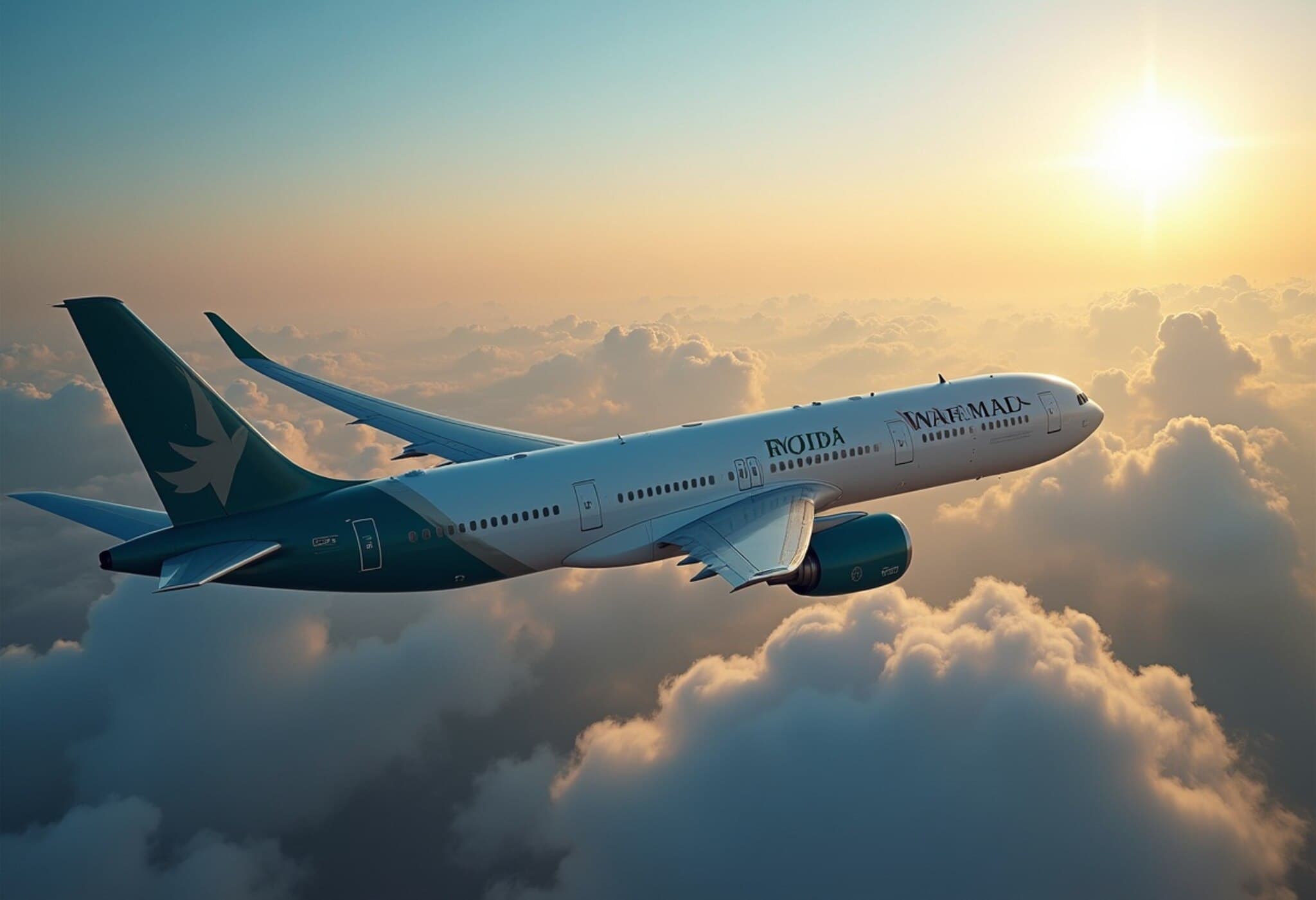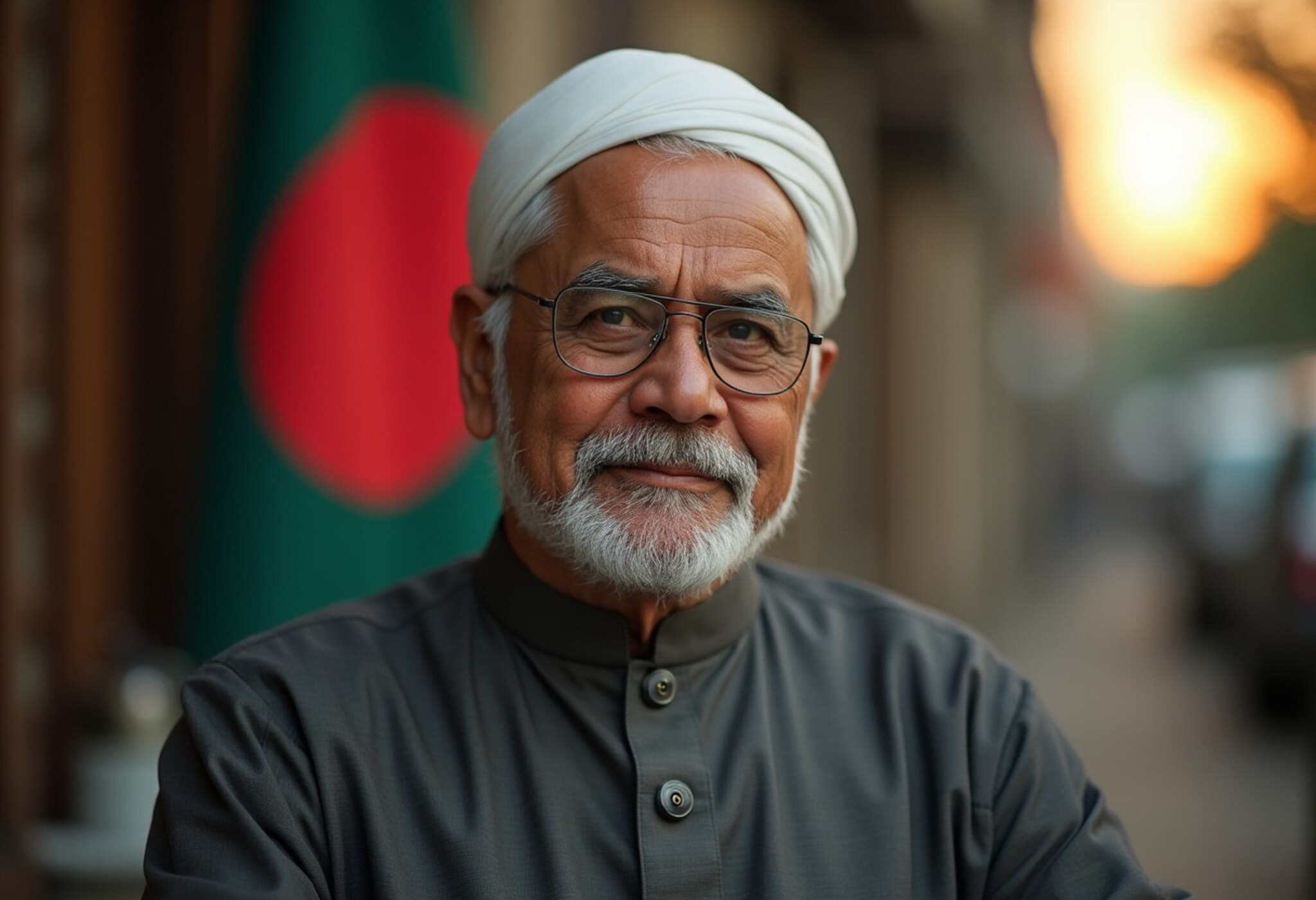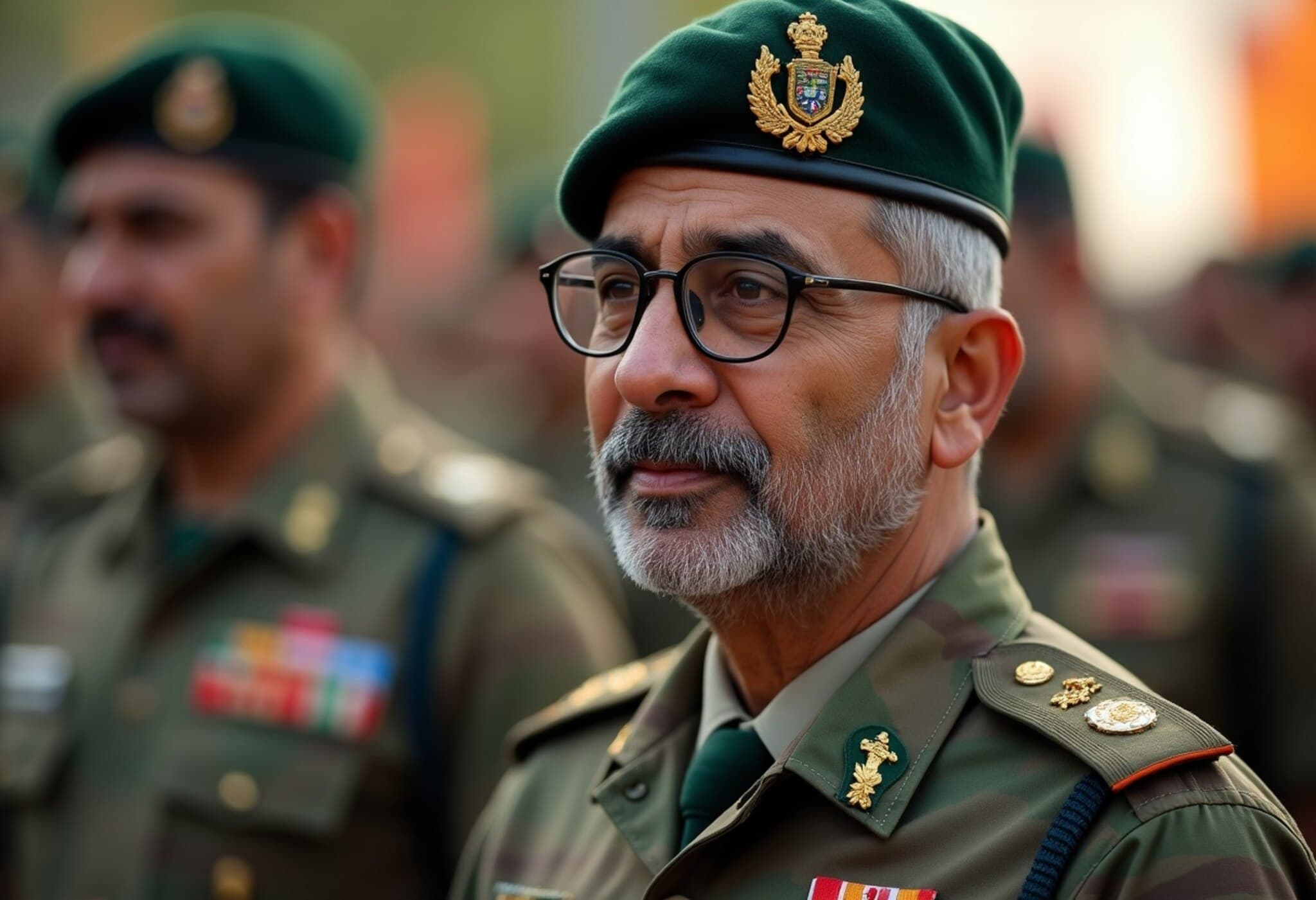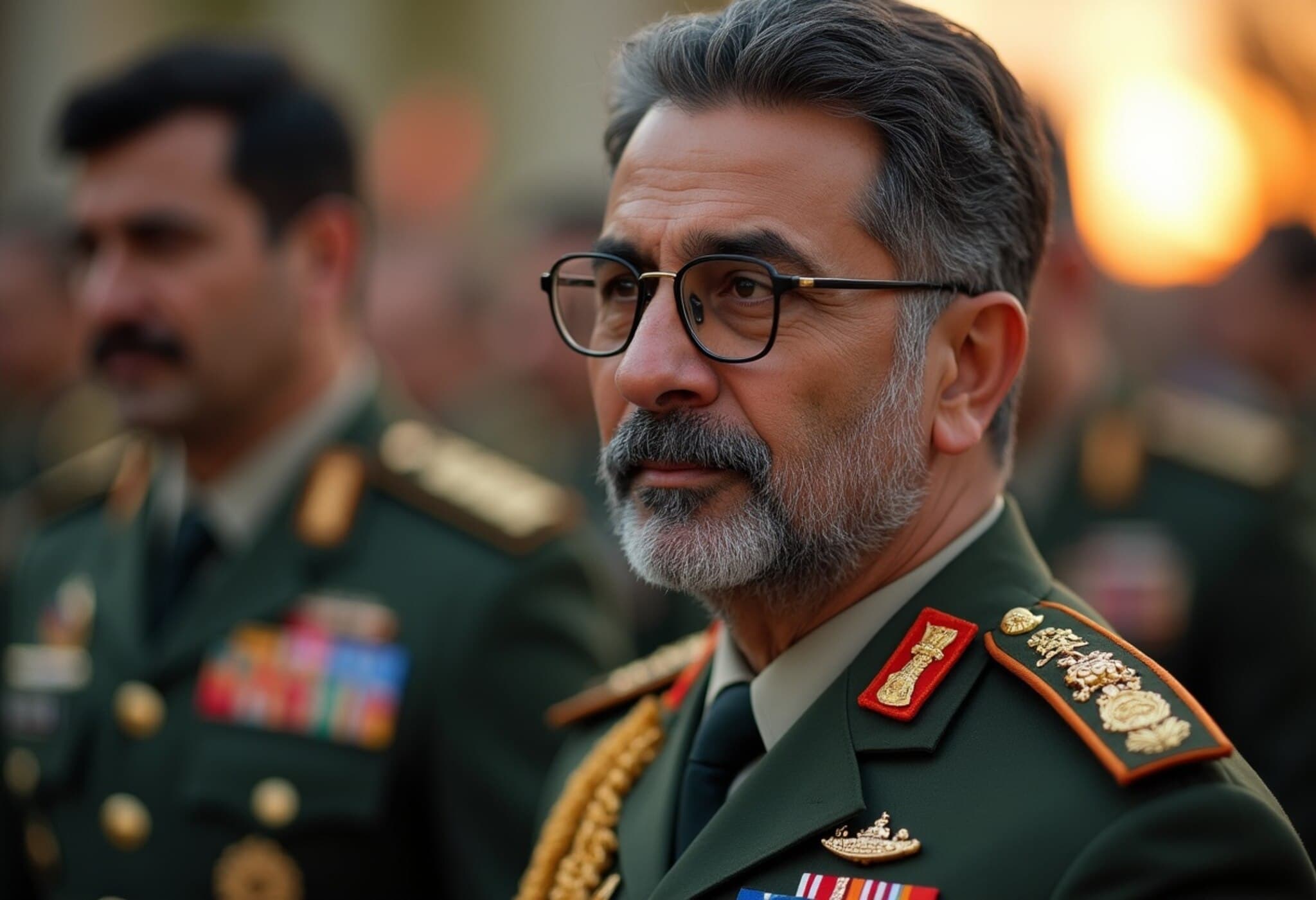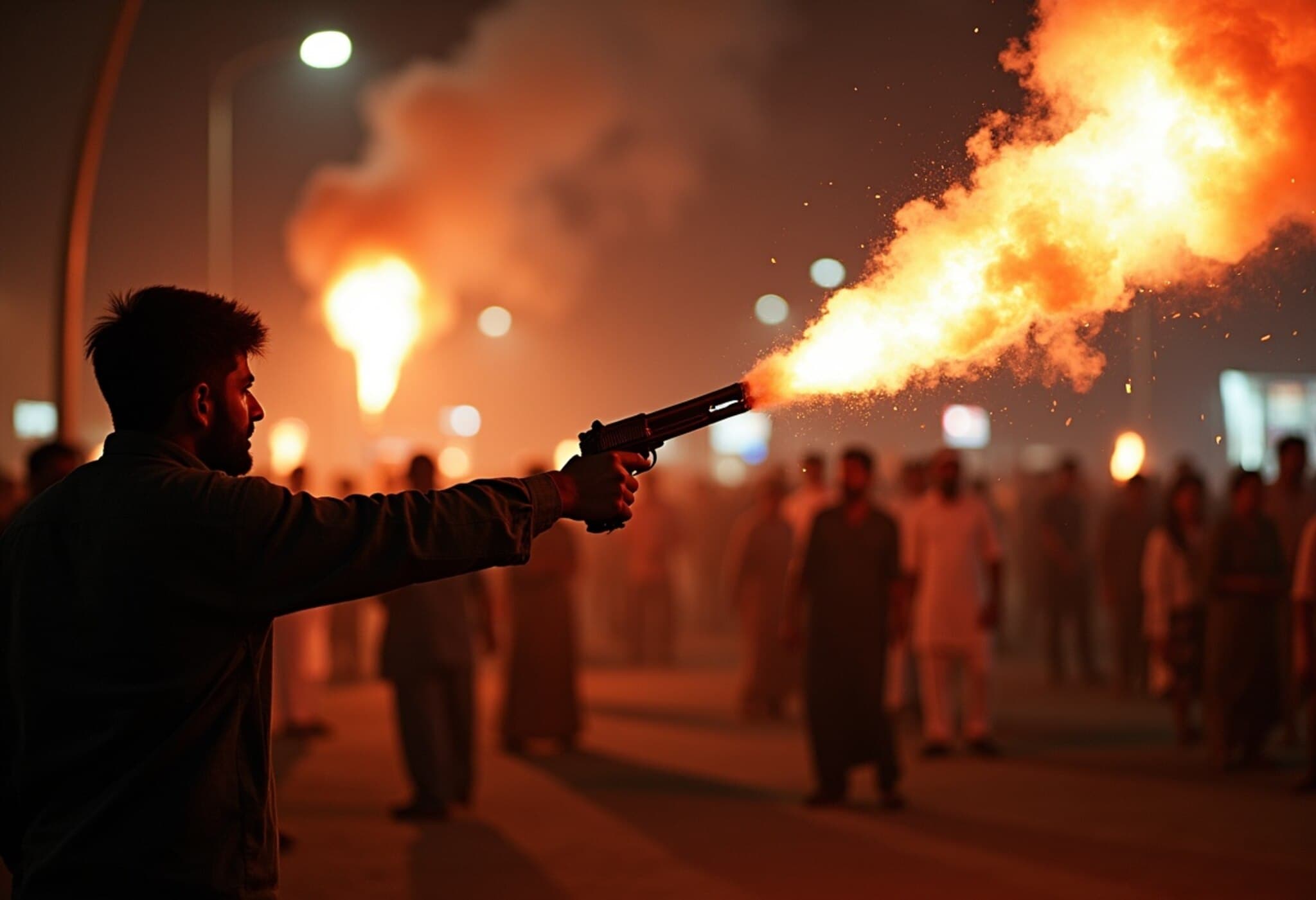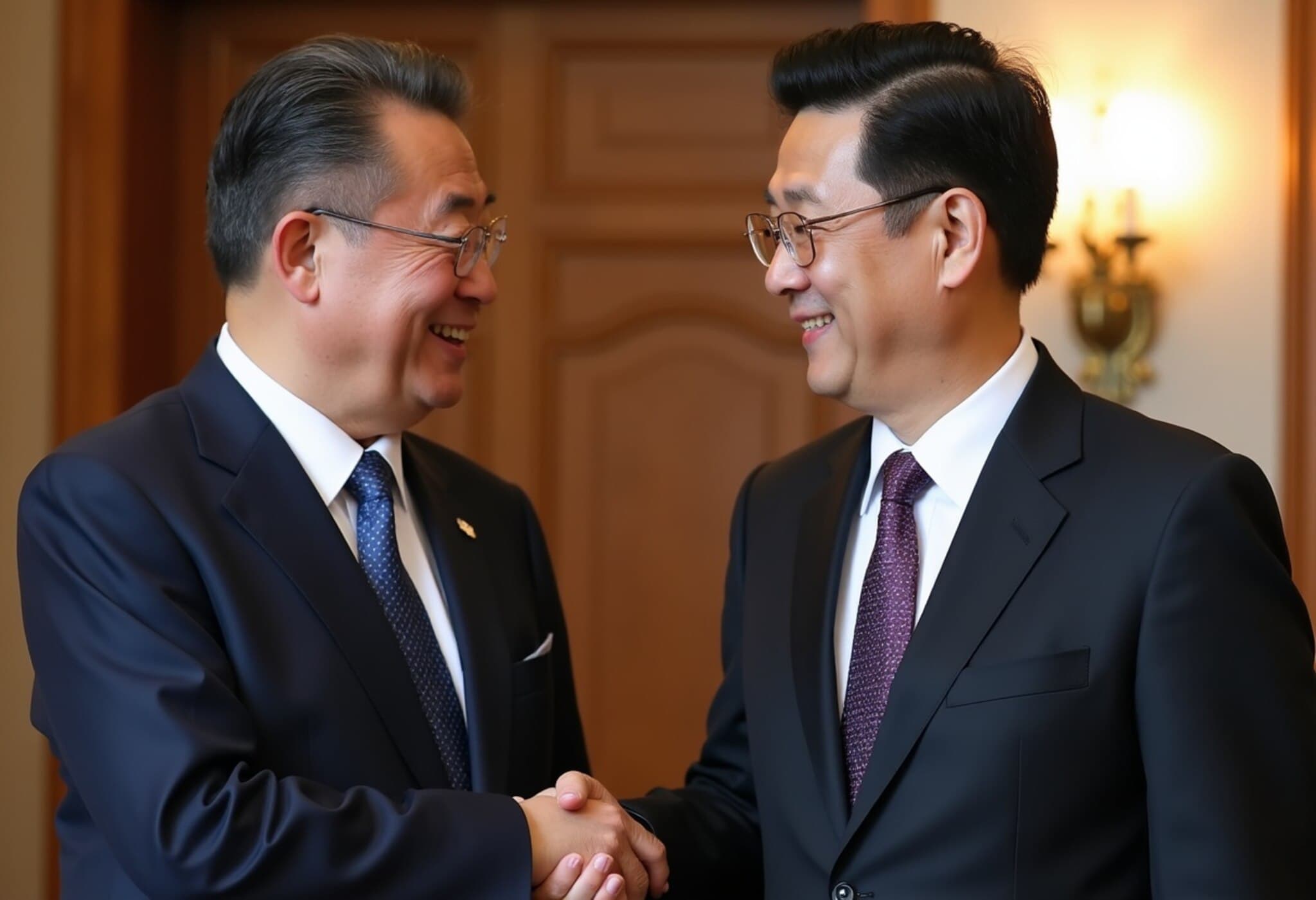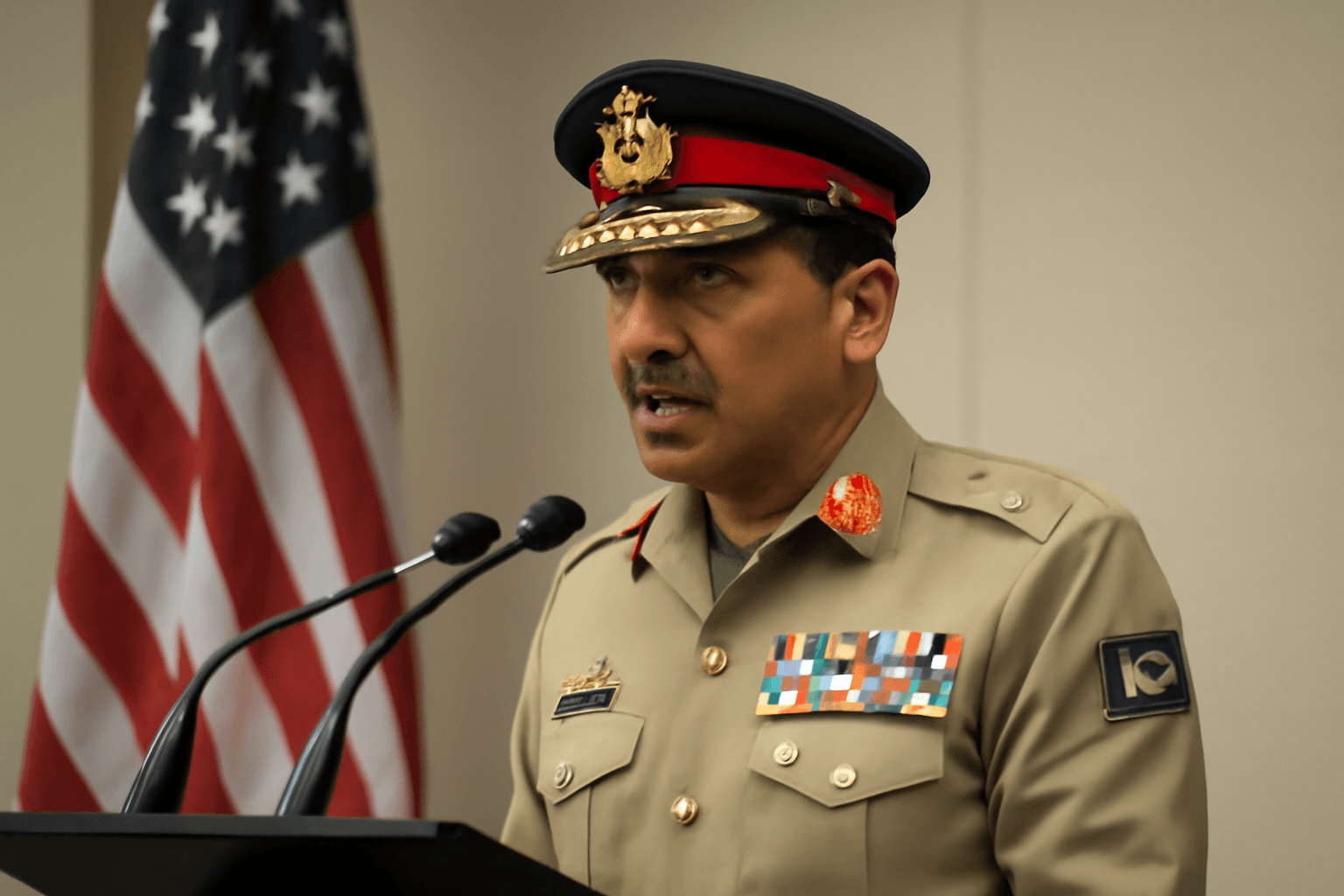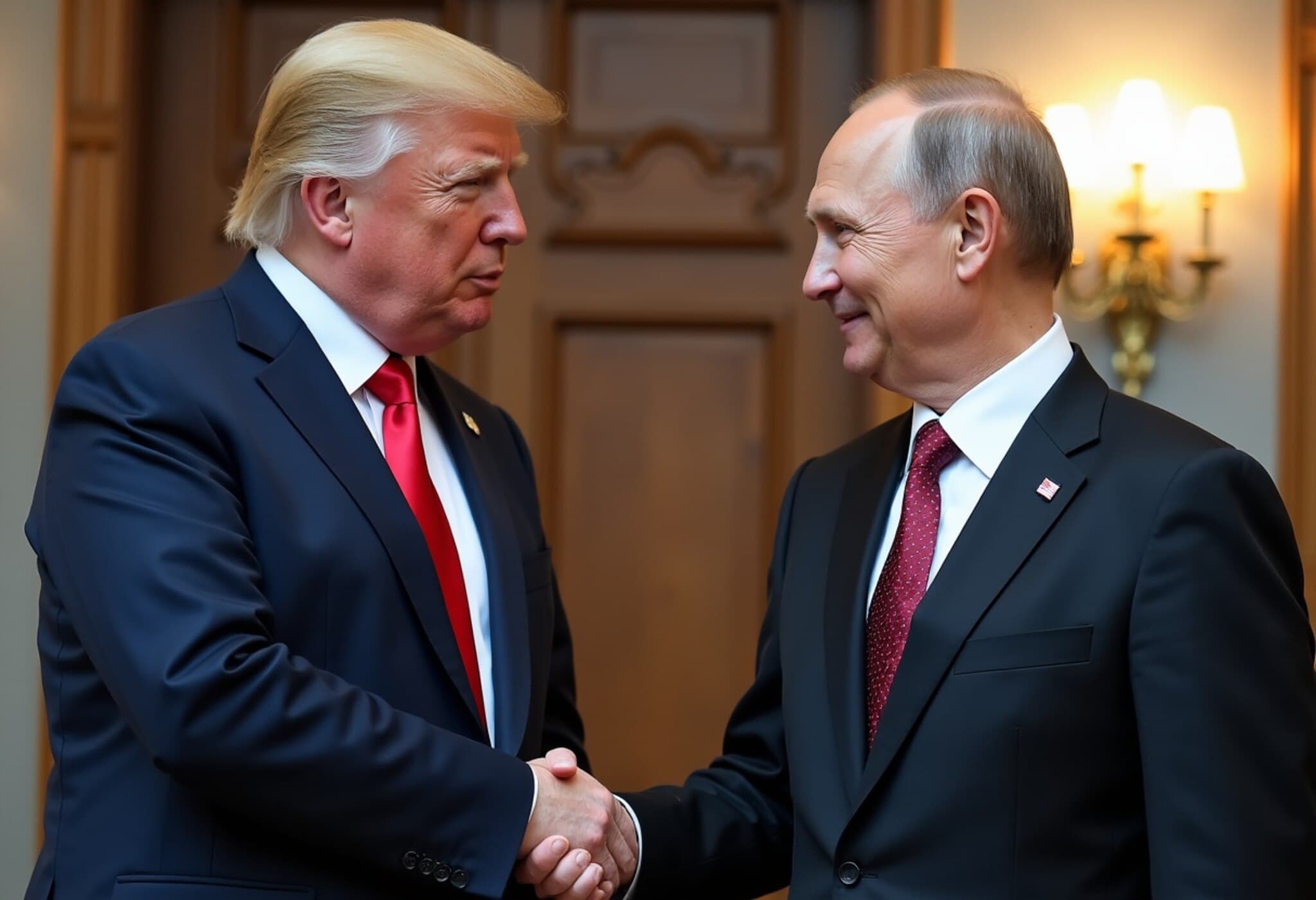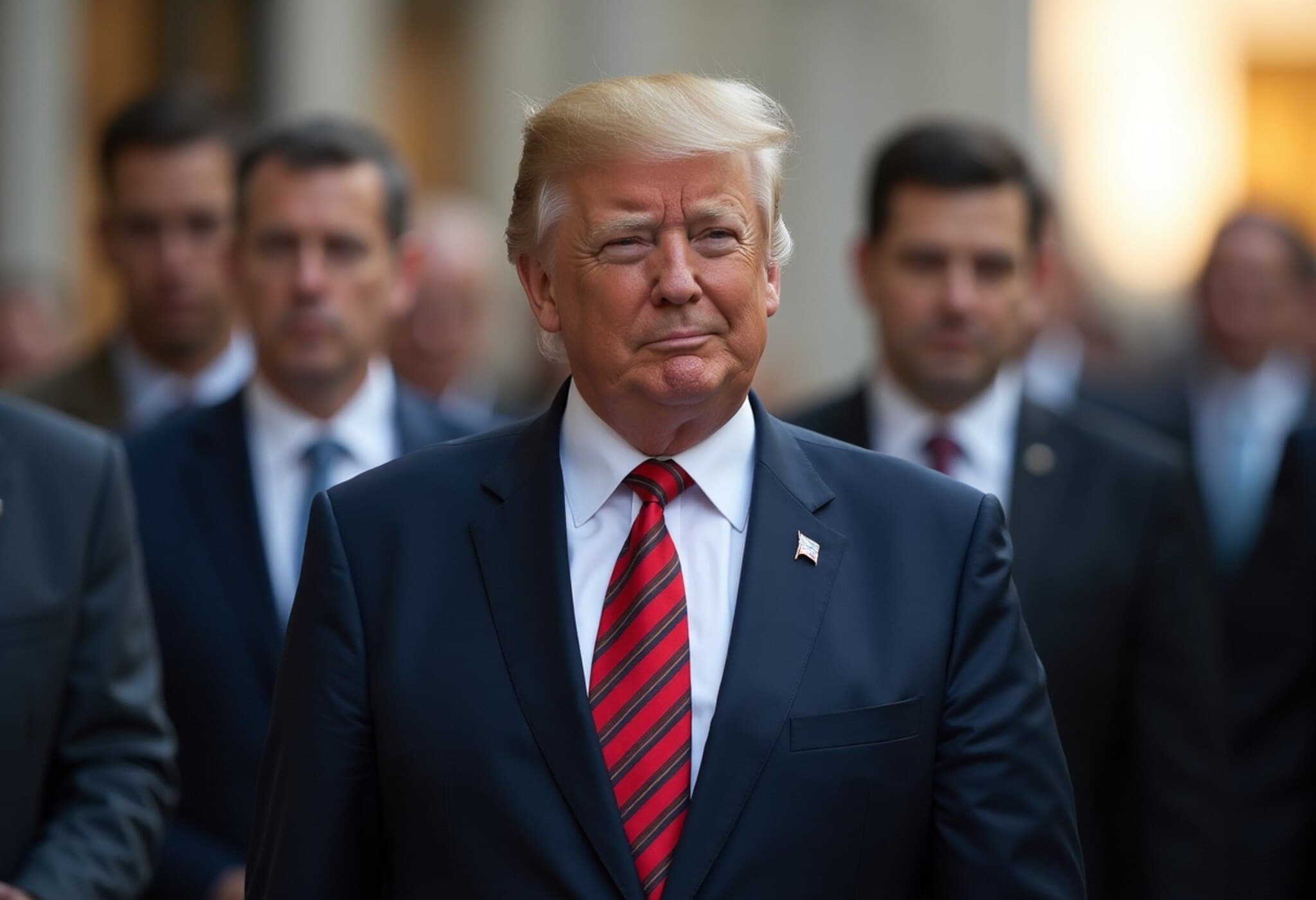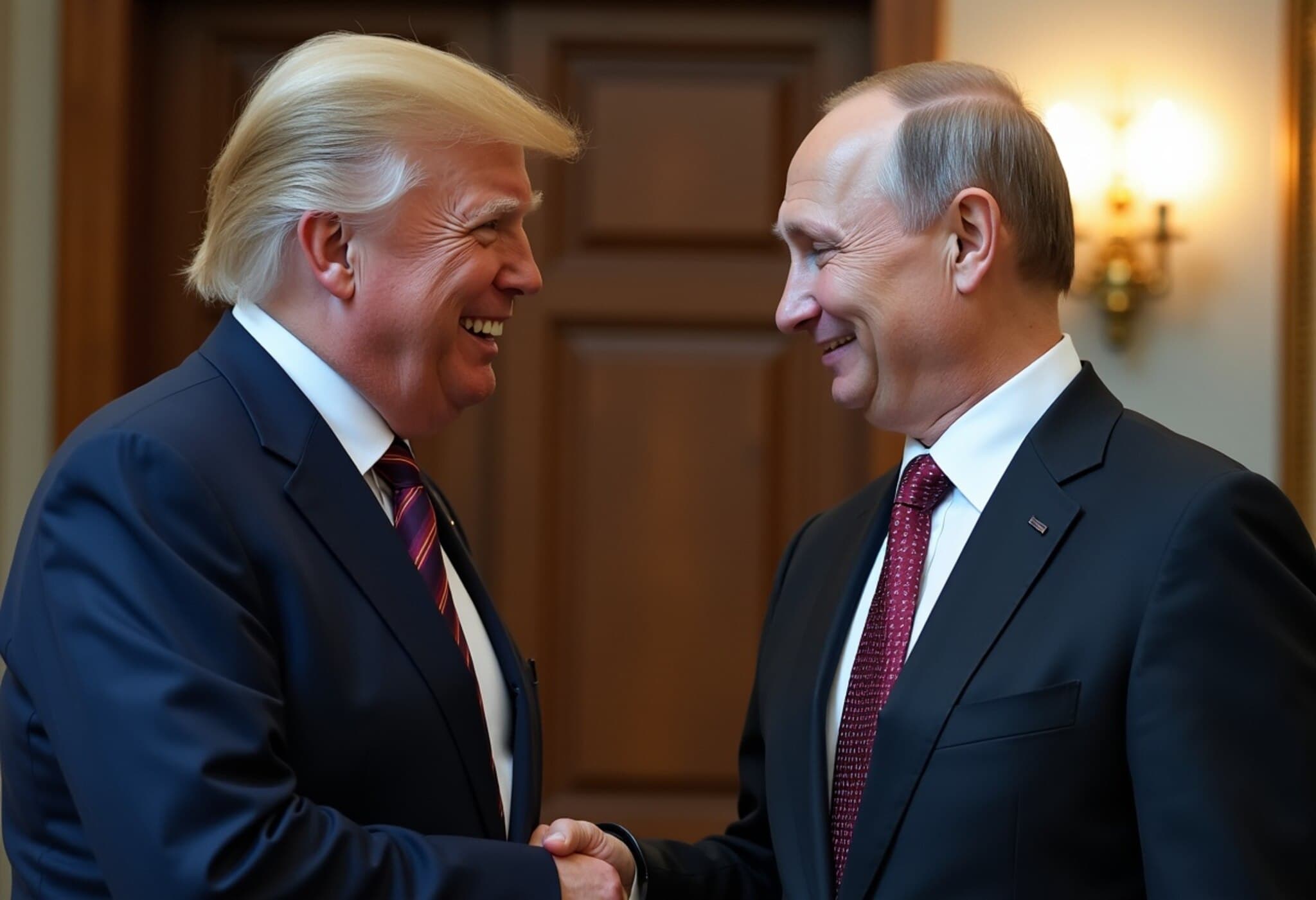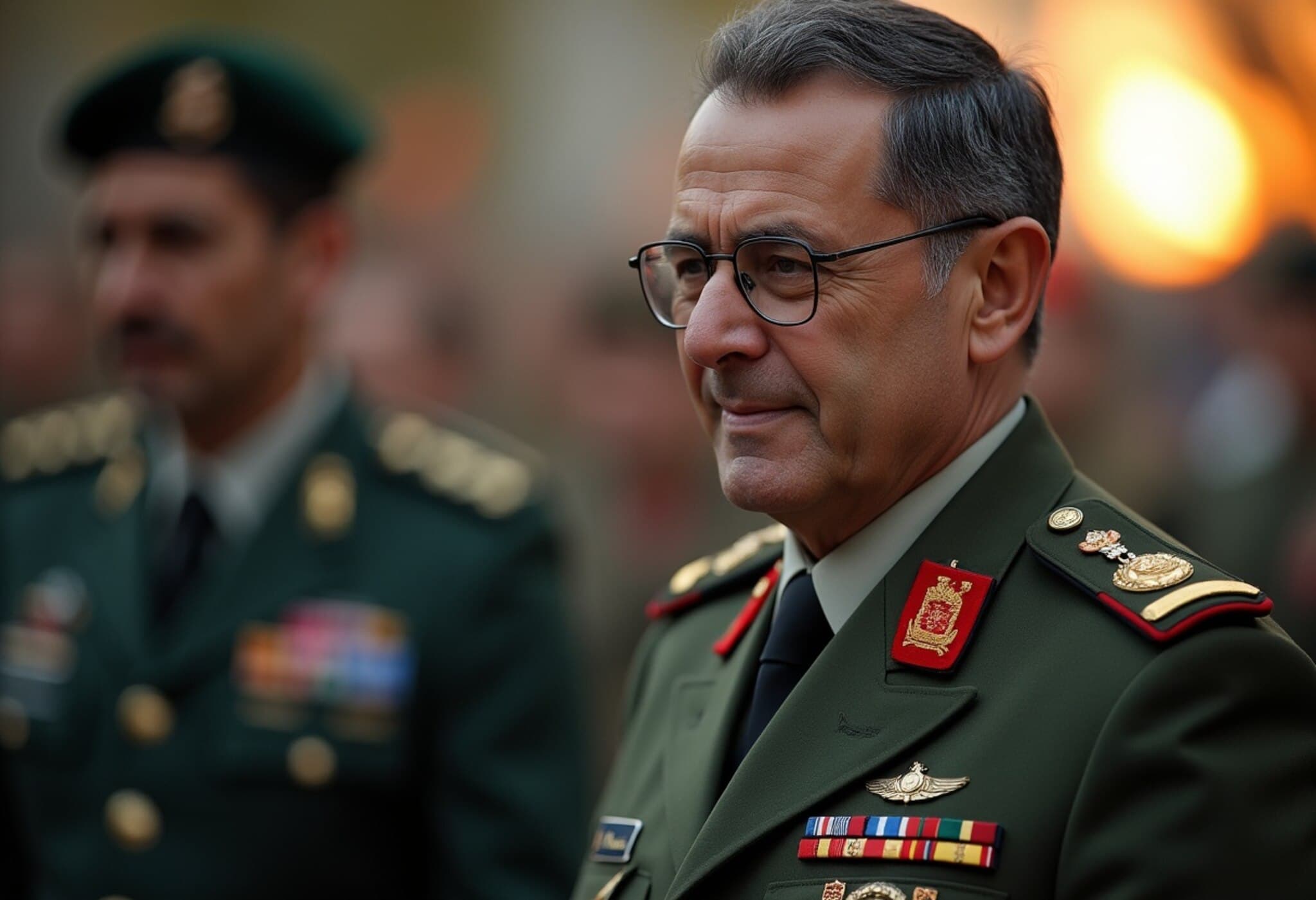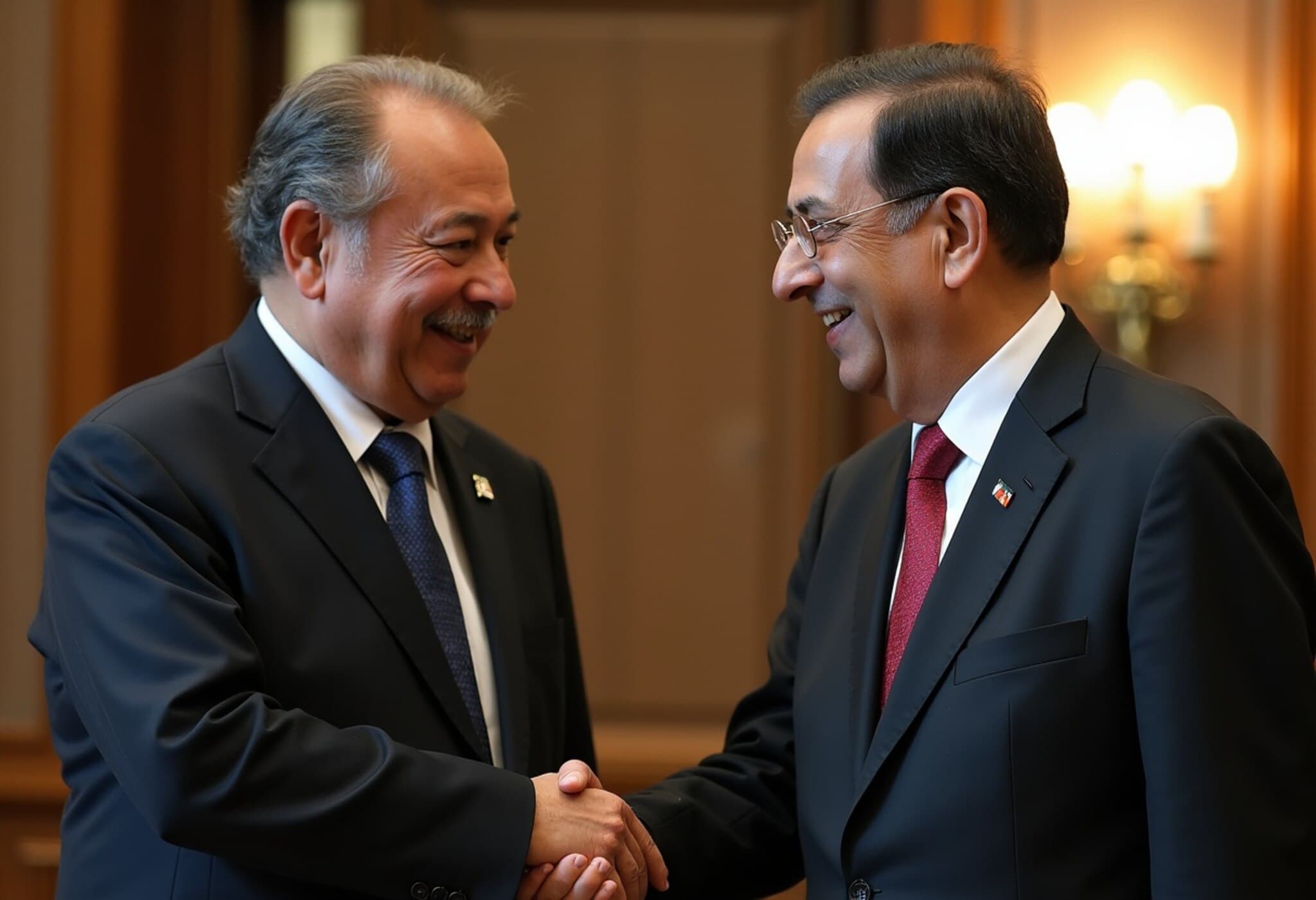Donald Trump’s Strategic Pivot Toward Pakistan Raises Geopolitical Questions
In a surprising political and economic shift, former US President Donald Trump has been deepening ties with Pakistan, stirring keen interest and concern across South Asia and beyond. From facilitating Pakistan’s first-ever US crude oil imports to partnering on crypto ventures and exploring rare earth mineral cooperation, Trump’s multifaceted engagement with Islamabad is reshaping regional dynamics just as India-Pakistan tensions simmer.
Behind the Headlines: Key Drivers of US-Pakistan Reengagement
Energy Diplomacy: Pakistan’s Inaugural US Crude Shipment
This year marks a historic milestone as Pakistan prepares to receive its inaugural shipment of US crude oil—a direct outcome of trade agreements brokered under Trump’s watch. Pakistan’s largest refinery, Cnergyico, inked a contract with Vitol to import one million barrels, highlighting oil’s pivotal role in the country’s economy where it accounted for over $11 billion in imports in the recent fiscal year.
Trump has also pledged American assistance to unlock Pakistan’s vast untapped oil reserves, framing energy cooperation as a cornerstone for economic development and strategic alignment. Experts note that this move is not merely commercial but part of a broader US strategy to diversify energy sources and strengthen partnerships in a region historically dominated by competing interests.
Crypto Collaborations: A New Frontier Featuring Trump-Linked Enterprises
Beyond traditional diplomacy, Pakistan is venturing into blockchain and decentralized finance with World Liberty Financial, a crypto platform with significant Trump family ownership—over 60%—including Donald Trump as Chief Crypto Advocate. The April agreement occurred shortly after a deadly terror attack, signaling Islamabad’s intent to embrace innovative technology as both an economic stimulus and geopolitical statement.
This initiative uniquely merges finance, technology, and politics, as the Trump family’s involvement adds a layer of influence and intrigue. While crypto adoption could modernize Pakistan’s financial systems, critics question the transparency and long-term impact of aligning with politically charged entities.
Contextualizing Trump’s Diplomacy: Regional Stability or Strategic Gambit?
Peace Prize Nominations and Public Gestures
Pakistan has gone as far as nominating Trump for the 2026 Nobel Peace Prize, commending his supposed role in de-escalating Indo-Pak hostilities—claims that have drawn skepticism in New Delhi. Trump himself has vocalized frustration at not receiving the accolade and insists he deserves credit for halting potential conflict, illustrating how political narratives often intertwine with personal legacy ambitions.
Rare Earth Minerals: The New Battleground
Amid rising Sino-American tensions, US interests in Pakistan’s rare earth mineral reserves have surged. These critical elements are essential for advanced electronics and military hardware—and China’s longstanding grip on global supply chains has spurred Washington to scout alternative sources. The US attendance at the Pakistan Minerals Investment Forum underscores this strategic pivot.
However, Pakistan faces internal challenges. Insurgent violence in Baluchistan and militant activity in Khyber Pakhtunkhwa threaten resource exploitation projects. The designation of the Balochistan Liberation Army as a foreign terrorist organization by the US further complicates internal stability and signals a hardline approach to militant separatism.
Military Engagements: Between Counterterrorism and Controversy
US Central Command Praise Amid Critiques
General Michael Kurilla of US Central Command praised Pakistan’s military partnership on counterterrorism fronts, citing successful extraditions of terrorists targeting US interests, including the Kabul airport attack mastermind. Yet, he highlighted selective cooperation, noting resistance to Indian requests—a point that India stresses as undermining justice for victims of cross-border terrorism.
Pakistan Army Chief’s US Visits and Public Backlash
General Asim Munir’s multiple visits to the US, including a White House lunch with Trump, spotlight close military-to-military ties. Yet, these engagements sparked protests from supporters of Pakistan’s former Prime Minister Imran Khan, accusing the military of suppressing democracy—reflecting the fraught civil-military relations within Pakistan itself.
Expert Insights: What Lies Beneath This Complex Relationship?
- Strategic Diversification: The US aims to counterbalance China’s influence through strengthened ties with Pakistan, tapping into energy, minerals, and technology sectors.
- Economic Modernization vs. Political Realities: While crypto and trade deals promise economic uplift, they raise questions about governance and transparency in Pakistan’s evolving market landscape.
- Diplomatic Optics and Regional Stability: Trump’s public praise of Pakistan’s military and downplaying India’s concerns may complicate US relationships with a key democratic partner in South Asia.
- Internal Security Challenges: Insurgency and militancy continue to impede sustainable development and pose enduring risks to foreign investments and regional peace.
Editor’s Note
Donald Trump’s renewed closeness with Pakistan is a multifaceted development, intertwining geopolitics, economics, and technology. It raises critical questions about the future of US engagement in South Asia, the balance of power between India and Pakistan, and the role of emerging industries like cryptocurrency in foreign policy. As Washington eyes Pakistan’s strategic resources and influence, it becomes increasingly important to monitor how these partnerships influence regional security, democratic governance, and economic fairness. What remains to be seen is whether this approach fosters lasting peace or merely recalibrates old rivalries under a new guise.
By the TOI World Desk – Bringing you thorough and balanced perspectives on global events shaping the 21st century.

